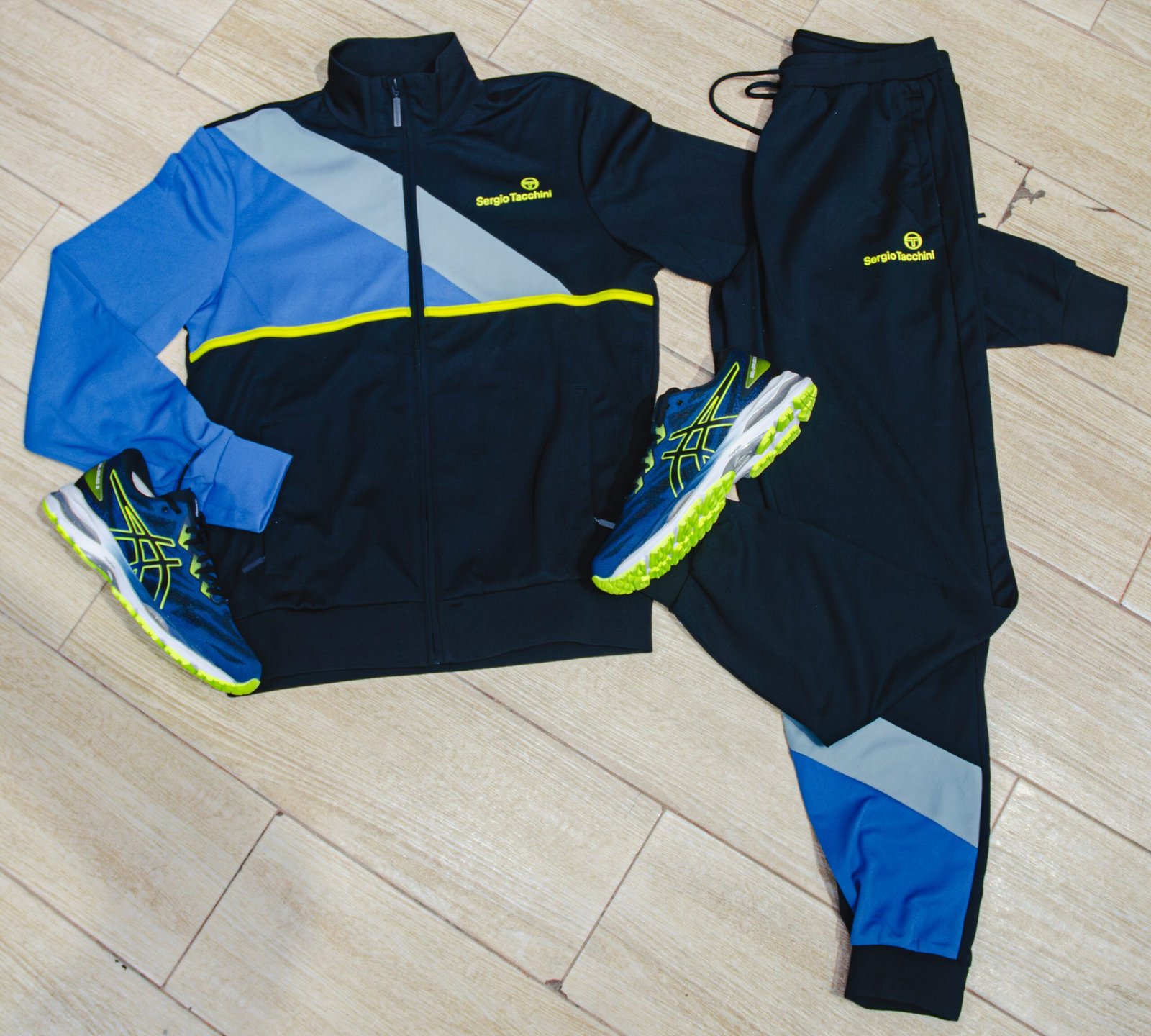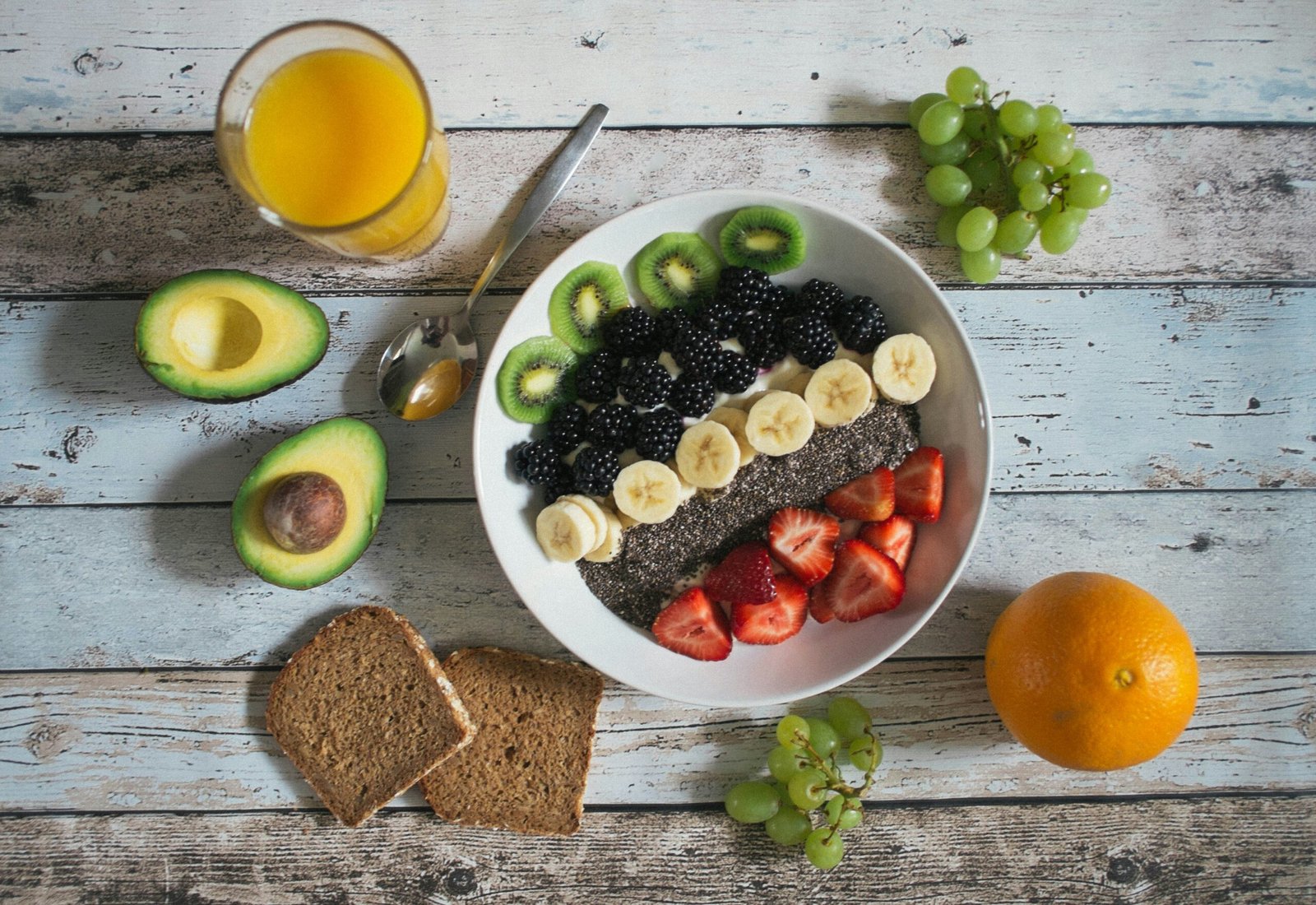Introduction
Athleisure has emerged as more than just a trend—it has become a defining element of modern American fashion and lifestyle. Blending athletic wear with everyday apparel, this style represents comfort, versatility, and cultural relevance. Over the years, it has transitioned from gym-only attire to a mainstream wardrobe essential embraced by people across all age groups and professions. This article explores how athleisure evolved in the USA, the cultural and economic factors driving its popularity, and what it means for lifestyle-conscious individuals today.
The Roots of Athleisure
Athleisure did not appear overnight. Its origins can be traced back to multiple shifts in American fashion and lifestyle trends.

-
Sportswear’s Early Influence
In the mid-20th century, sportswear began transitioning from function-only garments to casual wear. Tennis skirts, polo shirts, and track jackets started appearing outside the courts and tracks, signaling the early blending of performance and style. -
The Fitness Boom of the 1980s
The rise of aerobics, jogging, and health club memberships brought colorful leotards, leggings, and headbands into popular culture. Influenced by celebrities and fitness icons, these garments became an acceptable part of casual attire. -
Sneakers Becoming Streetwear
Once reserved for athletic activities, sneakers gained a streetwear status thanks to the rise of hip-hop culture, basketball icons like Michael Jordan, and brands that merged sports performance with urban fashion.
The 1990s and 2000s: Laying the Foundation
During the 1990s, casual clothing gained a significant presence in American workplaces and social settings. Jeans, T-shirts, and hoodies were no longer just weekend attire but everyday essentials. This paved the way for athleisure to thrive in the next decade.
In the 2000s, brands began designing yoga pants, performance leggings, and moisture-wicking tops that were both functional and stylish. Celebrities were frequently photographed in sporty yet chic outfits, further normalizing the trend.
The Rise of Athleisure in the 2010s
The 2010s marked the official rise of athleisure in the USA, turning it from a growing trend into a full-fledged fashion movement.
-
Yoga and Boutique Fitness Studios
The popularity of yoga and Pilates studios introduced millions to the concept of wearing leggings and athletic tops outside workout sessions. Clothing designed for comfort and movement became an everyday staple. -
Celebrity and Influencer Culture
Social media platforms like Instagram helped athletes, influencers, and celebrities showcase casual yet stylish activewear. High-profile collaborations between athletic brands and fashion designers elevated athleisure to luxury status. -
Work-Life Balance and Remote Work
As more Americans embraced flexible work schedules, the demand for apparel that could transition from home to errands, and even casual workplaces, surged.
Cultural Significance of Athleisure
Athleisure is more than just a wardrobe choice; it reflects cultural and lifestyle values in modern America.

-
Health and Wellness as a Lifestyle
The growing emphasis on wellness, fitness, and mindful living encouraged people to embrace clothing that supports an active lifestyle. -
Comfort Meets Confidence
Athleisure represents a shift from restrictive, formal dressing to attire that offers both comfort and confidence. The idea is simple: looking good should not come at the expense of feeling good. -
Inclusivity and Accessibility
The athleisure industry has embraced inclusivity, offering extended sizes and styles that appeal to diverse body types, age groups, and personal aesthetics.
Athleisure in the 2020s: Beyond a Trend
The 2020s have taken athleisure to new heights, fueled by changing lifestyles and consumer expectations.
-
Work-from-Home Influence
The shift to remote work normalized wearing activewear during professional hours. Sleek joggers, minimalist hoodies, and versatile sneakers became acceptable even during video meetings. -
Sustainability in Athleisure
Eco-conscious consumers are driving demand for sustainable materials like recycled polyester, bamboo fabrics, and organic cotton in athleisure collections. -
Blending Performance with Luxury
Premium athleisure brands now offer performance apparel with elevated design elements such as tailored cuts, high-quality finishes, and versatile color palettes.
Key Milestones in the Evolution of Athleisure
-
Mainstream Acceptance (2014-2016) – Athleisure surpassed jeans in some apparel sales categories, highlighting a major shift in consumer preference.
-
High Fashion Crossover (2017-2019) – Luxury brands began incorporating athletic elements into runway collections.
-
Sustainable Revolution (2020-Present) – A strong focus on eco-friendly production methods and durable designs began shaping the industry.
Why Athleisure Resonates with American Consumers

-
Functionality and Versatility
Athleisure outfits work for multiple settings—workouts, errands, travel, or casual gatherings—making them practical investments. -
Alignment with Active Living
With health and fitness becoming cultural priorities, athleisure reinforces an identity centered on self-care and well-being. -
Influence of Technology
Advanced fabrics with moisture-wicking, odor-control, and stretch properties make athleisure not only stylish but also high-performing.
The Future of Athleisure in the USA
Athleisure is poised to remain a dominant segment of American fashion. Innovations in fabric technology, collaborations between sports and fashion labels, and increasing focus on sustainability will continue shaping its trajectory.
-
Smart Clothing: Integration of wearable technology for fitness tracking.
-
Hybrid Designs: Outfits that seamlessly shift between casual wear and performance gear.
-
Greater Personalization: Style options tailored to specific lifestyles—urban commuters, outdoor enthusiasts, and remote professionals.
Conclusion
The evolution of athleisure in the USA reflects the changing values of comfort, wellness, and versatility in fashion. What started as workout apparel has transformed into a cultural statement embraced by all demographics. As innovation and lifestyle shifts continue, athleisure is set to remain a defining force in American wardrobes for years to come.